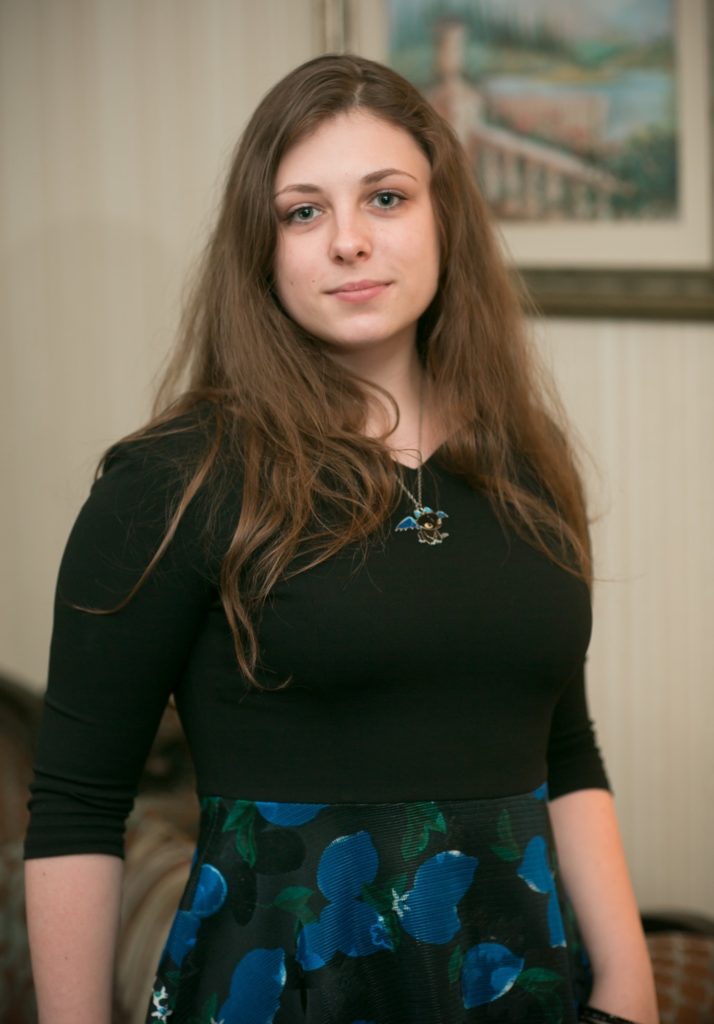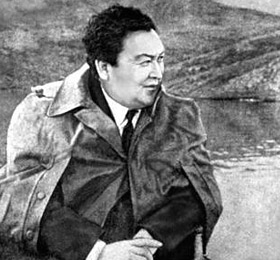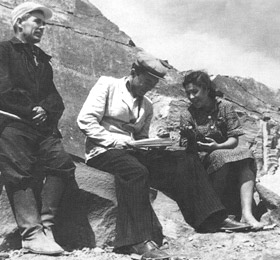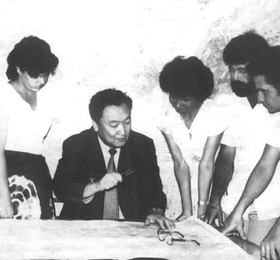Darya Mikhailenko
Specialization: Electronic and Electrical Engineering. Internship: Purdue University, USA.
 Purdue University is one of the most influential research centers in the United States. Students from more than 120 countries study at this prestigious University and Kazakhstanis are among them. Daria Mykhailenko specializes in electrical engineering, she won a grant from Shakhmardan Yessenov Foundation and did her summer research in a team supervised by Professor Kaushik Roy.
Purdue University is one of the most influential research centers in the United States. Students from more than 120 countries study at this prestigious University and Kazakhstanis are among them. Daria Mykhailenko specializes in electrical engineering, she won a grant from Shakhmardan Yessenov Foundation and did her summer research in a team supervised by Professor Kaushik Roy.
Where did your interest in the boring sciences go from?
Even behind the boring equations there is an explanation of the whole universe. You know, I’ve been attracted to physics since I was a kid. I always was interested in natural phenomena and molested the parents with questions like “Why we see a rainbow after the rain?” or “What’s the gravitation, and why does everything fall from my hands?”. This science revealed to me the understanding of the world, so I never thought it boring. But I’m more of a doer than a thinker, so I chose engineering. As an engineer, with knowledge of physics, you can make incredible inventions. So I want to be a part of that “Superteam”, bringing progress to the society.
How do you remember the grant competition?
I remember the second stage of it. How do you imagine the usual interview? Penetrative, scanning looks, fear of giving the wrong answer, nerves and stress… However when I went to the office where the contest was being held, I immediately felt warm atmosphere. Everything was handled as an interesting game, where you forget that you’re on the selection process and complete the task with pleasure. In general, I expected a severe interview, but I got a fun and positive event instead, from which, in addition, I came out as a winner.
What did you do during your internship?
I researched the parasitic currents (the part of the current that passes through the undesirable path in the circuit and reduces the performance of the entire system) in the electrical circuit. The circuit was used to build an artificial model of neural connections (artificial intelligence). And because of those parasitic currents, a large neural system can make the wrong decision, and therefore – the outcome can be wrong.
What did you achieve?
I achieved goals set for the study. I was able not only to find out the dependence of the parasitic current on the size of the system, but also to emphasize how important it is to take into account its influence. However, the actual results of the internship differ from the planned ones. Initially, the plan was as follows: I should build a large realistic model of the neural system and compare the results of its work with the mathematical model. However I achieved this purpose by the middle of the internship and went on. I was able to find a way to minimize the influence of parasitic current.
What’s next, Darya?
While working at the American laboratory, I had an idea. Professor James from Nazarbayev University, where I study, and Mr. Roy helped me to draw up a blueprint for the coming year. I keep exploring what I started at Purdue University. The outcomes of the work will help other researchers to more accurately take into account the influence of parasitic current in their models of neural networks. This will make modern science closer to the creation of supercomputers, working on the principle of the human brain. I already have results that are ready to be published in one of the magazines on the IEEE network. I’m going to present an article at the International Symposium on Circuits and Systems that will be held this May in Italy. I have also applied for the conference on computer-aided design/design automation (IEEE DAC), which will take place in June in San FranciscoAlso I prepare a big article for the scientific journal on nanotechnology and artificial intelligence. Meanwhile, I have already applied to some of the world’s leading universities for a PhD program. Thanks to the summer internship, my chances of being accepted there have increased.
11.02.18, Stories
Seen by: 861




